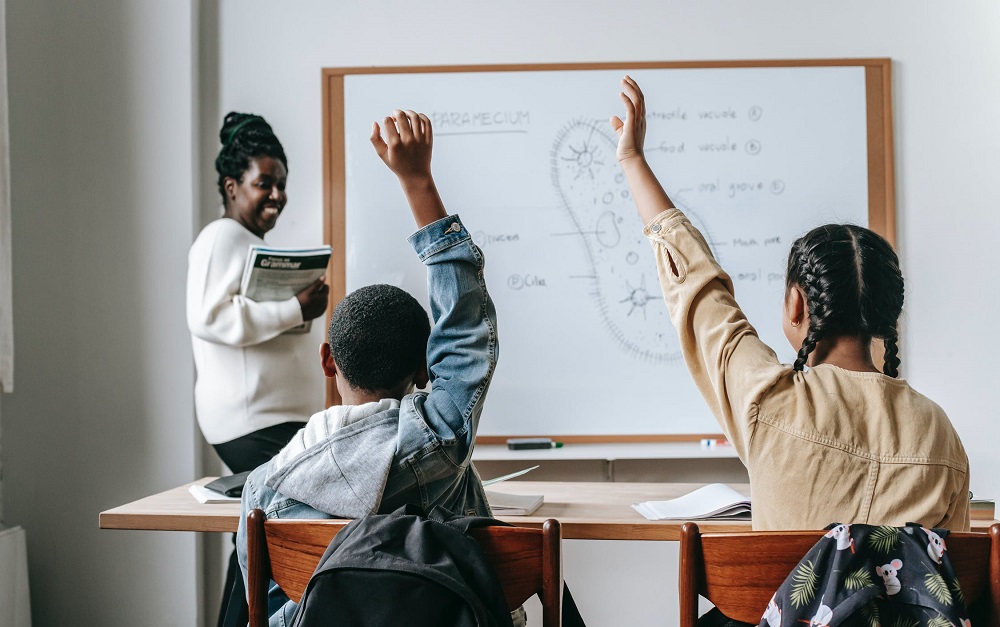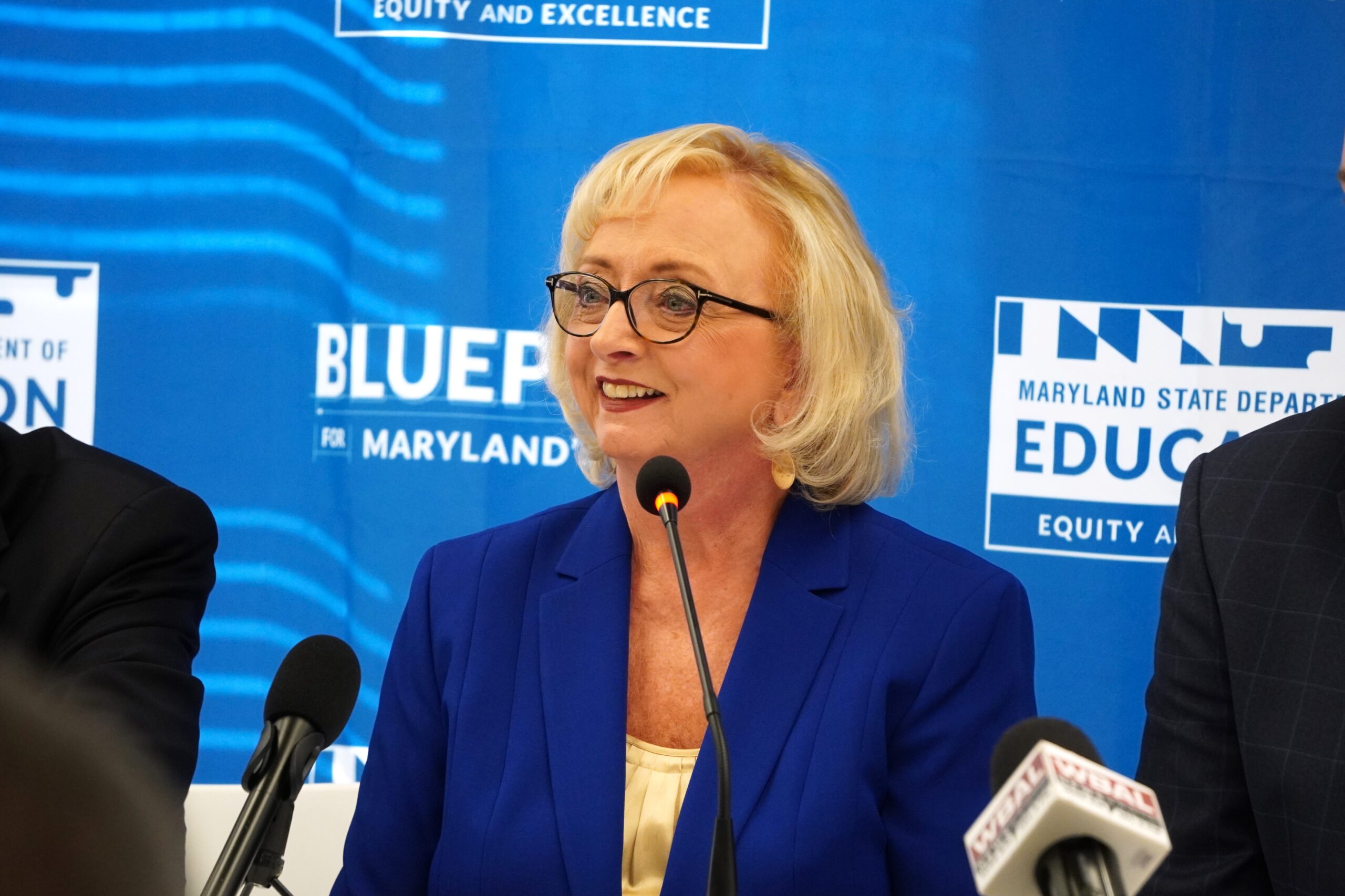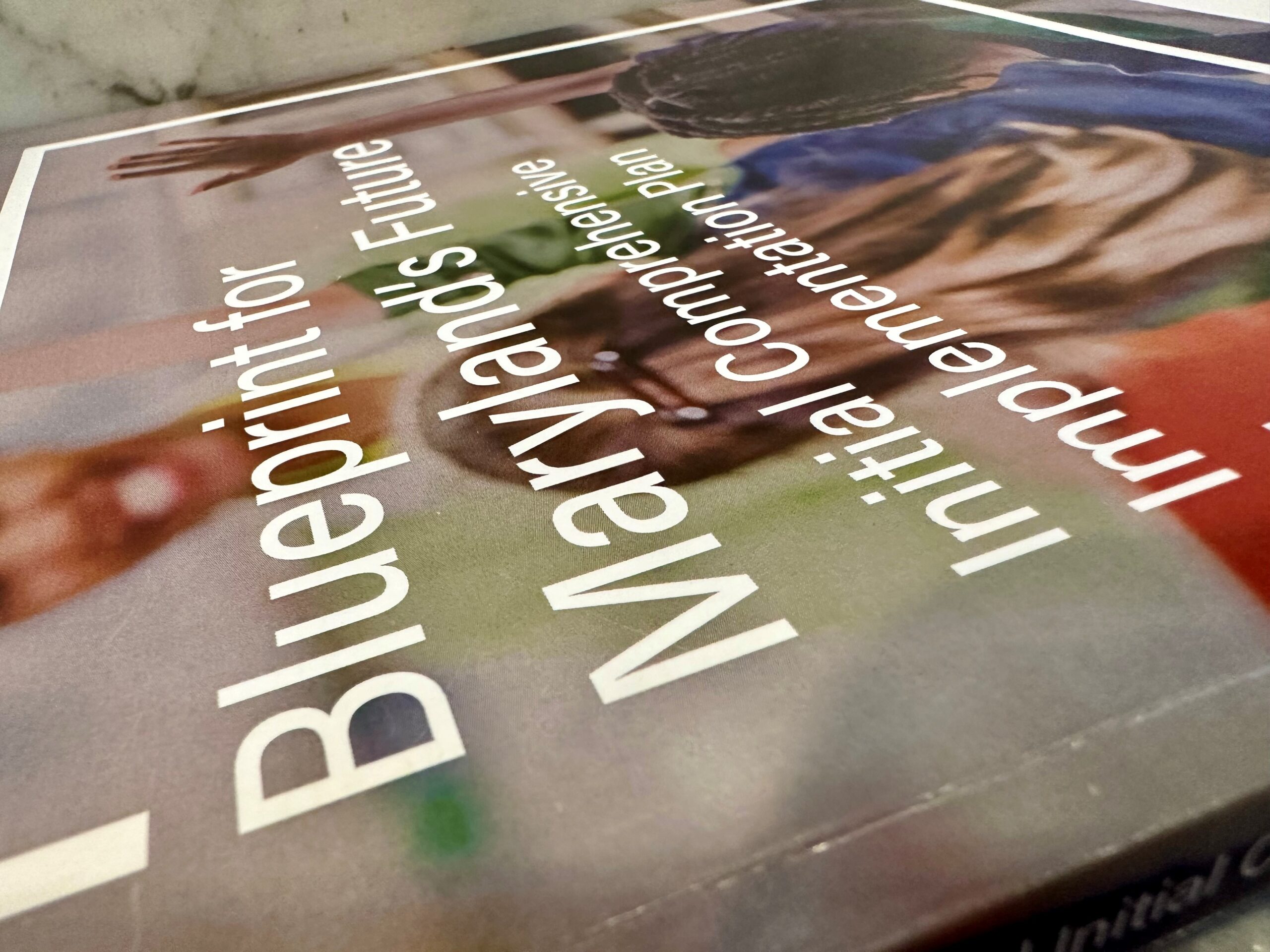
By Dan Newberger
The writer, a technology management professional, is a candidate for the Howard County Board of Education.
With COVID testing positivity results decreasing and hospitalization rates on the decline, it looks like the omicron surge has finally crested in Maryland. Hopeful that the worst is behind us, Marylanders are once again daring to look forward to life after pandemic.
Parents and students in particular are eagerly envisioning a return to normal after the turmoil of the last three school years has resulted in so much academic setback, lost opportunities, and the erosion of so many families’ dreams and hopes for their children’s early years and adolescence.
We must keep in mind, however, that a successful recovery for our schools is far from assured.
The pandemic has not only highlighted and worsened the systemic ways in which our pre-pandemic school systems did not work for so many students and their families — students from low-income families, students with special needs, racial and ethnic minorities and English-language learners, students in rural areas, and others — it has also weakened the foundations of our public education system in significant ways.
Because of this foundational damage, the full recovery and restoration of our schools may prove to be as difficult a task as any we’ve faced throughout these pandemic years.
COVID’s impact on our children’s mental health may be nothing short of a second pandemic.
We can’t afford to underestimate the mental health impacts of the trauma suffered by our children throughout the pandemic. Even before COVID-19 upended almost every aspect of their lives, alarming numbers of our children and teenagers were coping with depression, anxiety, suicidal thoughts and behavioral disorders. The adversity, disruption, stress and loss brought about by the pandemic has greatly intensified these trends.
The situation is so dire that in October, a coalition of pediatric health experts, including the American Academy of Pediatrics, declared a “National Emergency in Child and Adolescent Mental Health.” If left unaddressed, the mental health challenges our children’s generation are suffering now will become lifelong afflictions, with dire consequences for individuals, families and society as a whole.
There are no shortcuts or low-budget options to solve this rising crisis. It will take real commitment and significant investment of resources at the federal, state and local levels to ensure that high-quality, trauma-informed and culturally competent mental health care is made available to every child in every school. In an environment of already strained budgets, this is a daunting prospect. However, if we fail to properly address this mental health crisis, our children will pay a heavy price for decades to come.
Educators pushed to the breaking point will soon be voting with their feet.
Throughout the pandemic, educators are maybe second only to frontline medical staff as the group that has borne the heaviest burden to keep our society functioning. We have yet to come to grips with the long-term cost of this.
In many districts, classroom educators now feel completely alienated from their central office administrators, whose decisions they regard as often contradictory, opaque and not focused nearly enough on their health and safety. Combine this loss of trust with how educators have frequently become the undeserving target of parental rage and frustration, and we have a recipe for unprecedented exodus from the teaching profession.
In a society that has never adequately valued and rewarded the professionals we entrust with our children’s education, how surprised can we really be when so many educators — feeling betrayed by their central offices, scapegoated by fatigued and angry parents, and driven to exhaustion by the stress of teaching in difficult and potentially dangerous conditions on a daily basis — decide to retire early or opt out of the profession entirely?
The looming educator shortage threatens to cripple our schools for years to come if local leaders don’t take preemptive action now.
Better compensation packages will help, but equally critical will be sincere efforts to rebuild trust, improve career development opportunities, and increase the voice and agency teachers have in how their districts, buildings and classrooms operate.
Administrations and parents can continue treating educators like dispensable employees, or we can choose to embrace them as full partners and experts in the sacred work of educating the next generation of Americans.
Only one of these paths will lead to the true recovery our schools desperately need.
The fractured state of our communities will make recovery from the pandemic even more difficult.
The rising tensions between teachers and administrators, and between parents and teachers, are unfortunately only part of a larger crisis of fracture in America today. With our national politics so deeply polarized, mistrust and suspicion have become the default in our public dealings.
Every local policy decision and public health measure becomes a new battleground. Seemingly minor disagreements escalate into life-or-death battles on social media. The social ties of mutuality and common purpose that have long bound our communities together have unraveled, exactly when we need to come together to make the difficult decisions necessary for our schools to fully recover from the pandemic’s impact.
There are few easy answers to how to stitch such a frayed society back together. The worst fractures may have spilled down from the vitriol of the national political arena into our local communities, but healing will have to come from the bottom up. It is contingent upon all of us to accept responsibility for the damage that’s been done to our shared social fabric, and to take personal ownership for mending it.
We must each try to extend each other empathy and grace in our day-to-day interactions. We must work past areas of disagreement to find common ground, and we must remember that there is more that brings us together than tears us apart.
Above all, we must remember that when it comes to public education, we share what is the greatest common ground of all: love for our children, and the deepest desire to see them to flourish.
The stakes are too high for our public education leaders to botch the recovery.
As a society and as individuals, the urge to turn the page on the pandemic grows stronger every day. However, we can’t afford to declare victory prematurely or let our shared fatigue lull us into complacency.
These next few years will hopefully be safer, quieter and easier than what we’ve all just gone through, but they will determine whether COVID-19’s true impact will be measured in years, or in decades.
If the pandemic has taught us anything, it is that the decisions made by our local elected officials and public sector executives profoundly impact our lives and our communities.
At their best, school boards and superintendents across Maryland have taken courageous action grounded in accurate data, professional expertise and integrity. At other times, unfortunately, their decisions have been driven by timidity, magical thinking and hyper-sensitivity to public criticism of any kind.
A true recovery from these COVID years will require the very best our elected officials and appointed leaders can provide.
For those of us who believe that strong and equitable public education is the bedrock of a healthy democracy, the stakes couldn’t be higher. The futures of our children, of our communities and maybe even of the nation’s democracy itself hang in the balance.
We need to get this right.




 Creative Commons Attribution
Creative Commons Attribution